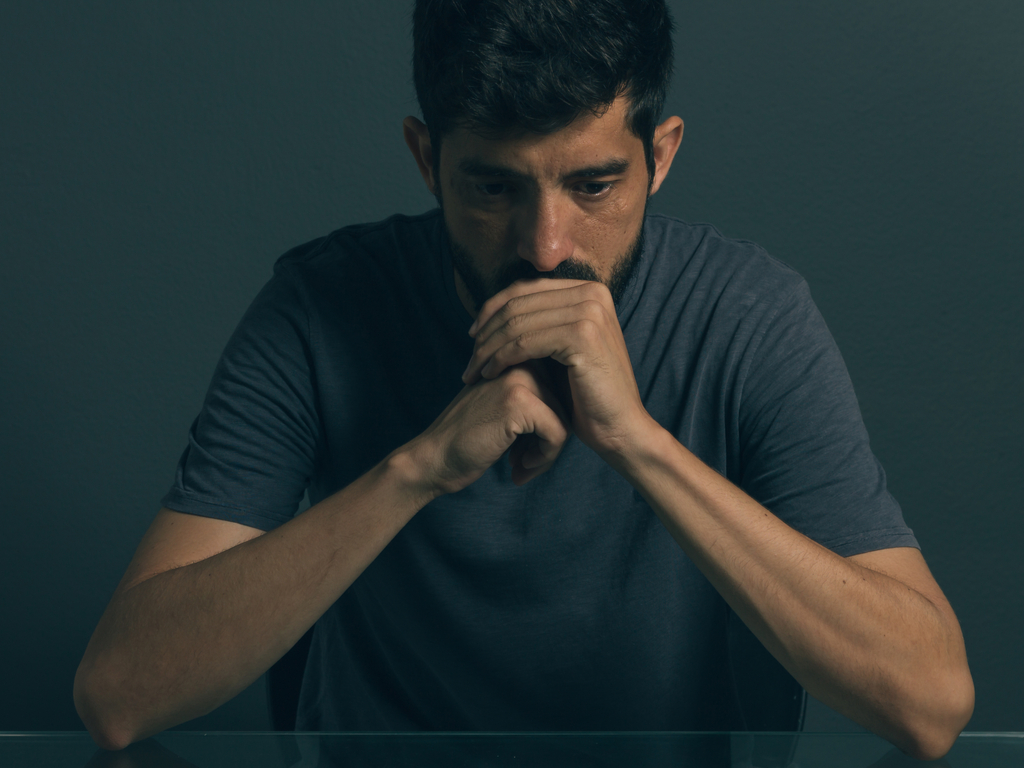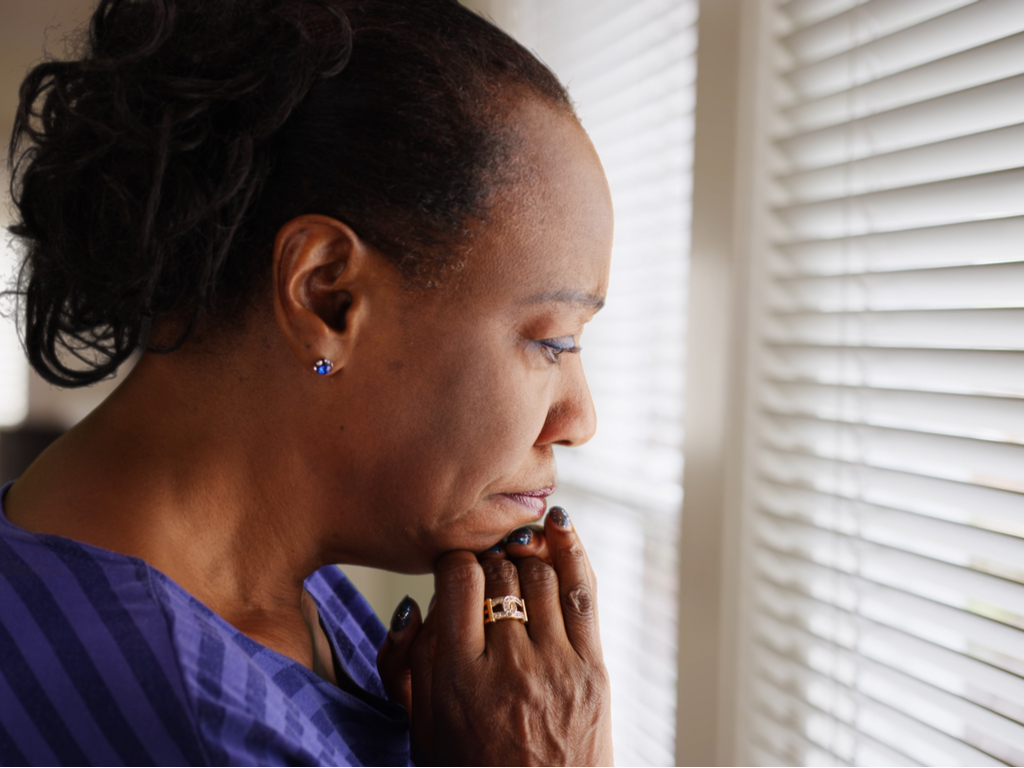Is it Hopelessness or Am I Just in a Funk?
Depression is a common mental illness that affects more than 40 million Americans over the age of 18. This statistic is according to the Anxiety and Depression Association of America. In other words, that’s roughly 18% of the U.S. population. So, is it hopelessness or am I just in a funk? Read on to find out.
While depression is highly treatable, many suffer silently without seeking treatment. Particularly, this is especially in developing countries where access to adequate mental health care is sparse.
The rest of this article will tell you what signs and symptoms of depression to look out for. Then, you can know with confidence whether you are in a bad mood or experiencing depression.
What is Depression?
Depression is a mental illness that affects roughly 18 percent of Americans, with nearly 20 percent suffering from some form of mental illness. It is usually characterized by a general sense of sadness and hopelessness. Next, a symptom can be lack of energy and interest in recreational activities. Lastly, you have the inability to focus or concentrate among other symptoms.
Depression can be caused by a variety of factors, including:
- Family history of depression or other mental illness
- Major life changes, stress, or trauma
- death of a loved one
- divorce
- major financial struggles
- Chronic physical illnesses
- Certain medications
How Do I Tell the Difference Between is it Hopelessness or am I Just in a Funk?
So, are your bad feelings really hopelessness, or are you just in a funk?
Indeed, bad moods happen to everyone. It’s normal to sometimes feel down, especially during difficult life events such as the end of a romantic relationship or job loss. Truely, these events can throw us into a funk that can be difficult to shake.
A temporary funk, however, doesn’t linger. For example, a bad breakup loses its sting after a night out with close friends, who remind you of your worth. Engaging in a favorite hobby can uplift you and chase away the bad feelings. Likewise, having an optimistic outlook and practicing gratitude can remind you of all the positives in your life.
Persistence of Bad Feelings
If bad feelings linger and don’t alleviate by the next day or so, despite distractions, support, and positive changes, you might be dealing with something more serious than a bad mood.

How do I Know If I Have Depression?
So how can you tell if it’s hopelessness, or if you’re just in a funk?
The American Psychiatric Association states that depressive symptoms must be present for at least two weeks before a diagnosis of depression can be made.
Listed below are the symptoms to look out for when wondering whether you should seek help from a mental health care professional:
- A persistent feeling of hopelessness, worthlessness, or guilt
- Lack of interest in hobbies or activities that you once found enjoyable
- Difficulty concentrating
- Excessive crying
- Talking and moving more slowly
- Fatigue
- Decreased energy
- Unexplained body aches and/or digestive issues
- Irritability
- Difficulty sleeping, or sleeping too much
- Changes in appetite and weight
- Preoccupation with death and/or suicide
- Suicide attempts
Does Depression Affect Everyone Similarly?
Experts state that while the depression signs listed above illustrate the range of symptoms, individuals can experience different combinations.
Your sex and age can affect which depression symptoms you are more likely to exhibit. Women experiencing depression are more likely to feel deep sadness and cry excessively. On the other hand, men are more likely to be aggressive and irritable.
Children can also experience depression. Notably, this is less common that adult depression. However, depression in children can be marked by behavioral troubles at school, clinginess, irrational worry, and lack of energy and interest in activities he/she once enjoyed.
Teens with depression usually withdraw socially and engage in self-harm.
The severity of the symptoms and response to treatment varies between individuals. Fortunately, depression is highly treatable with a wide range of medications and therapies available.
When Should I Seek Emergency Help?
Call 911 or get yourself to the nearest emergency room if you are thinking of harming yourself or others.
Below are the most common warning signs that someone is contemplating suicide:
- Giving away possessions
- Recklessness
- Withdrawal
- Talking about death
- Researching ways to end one’s life
Conclusion on is it Hopelessness or am I Just in a Funk?
If someone you know suffers from depression and is exhibiting any of these symptoms, don’t hesitate to reach out to a mental health provider.
